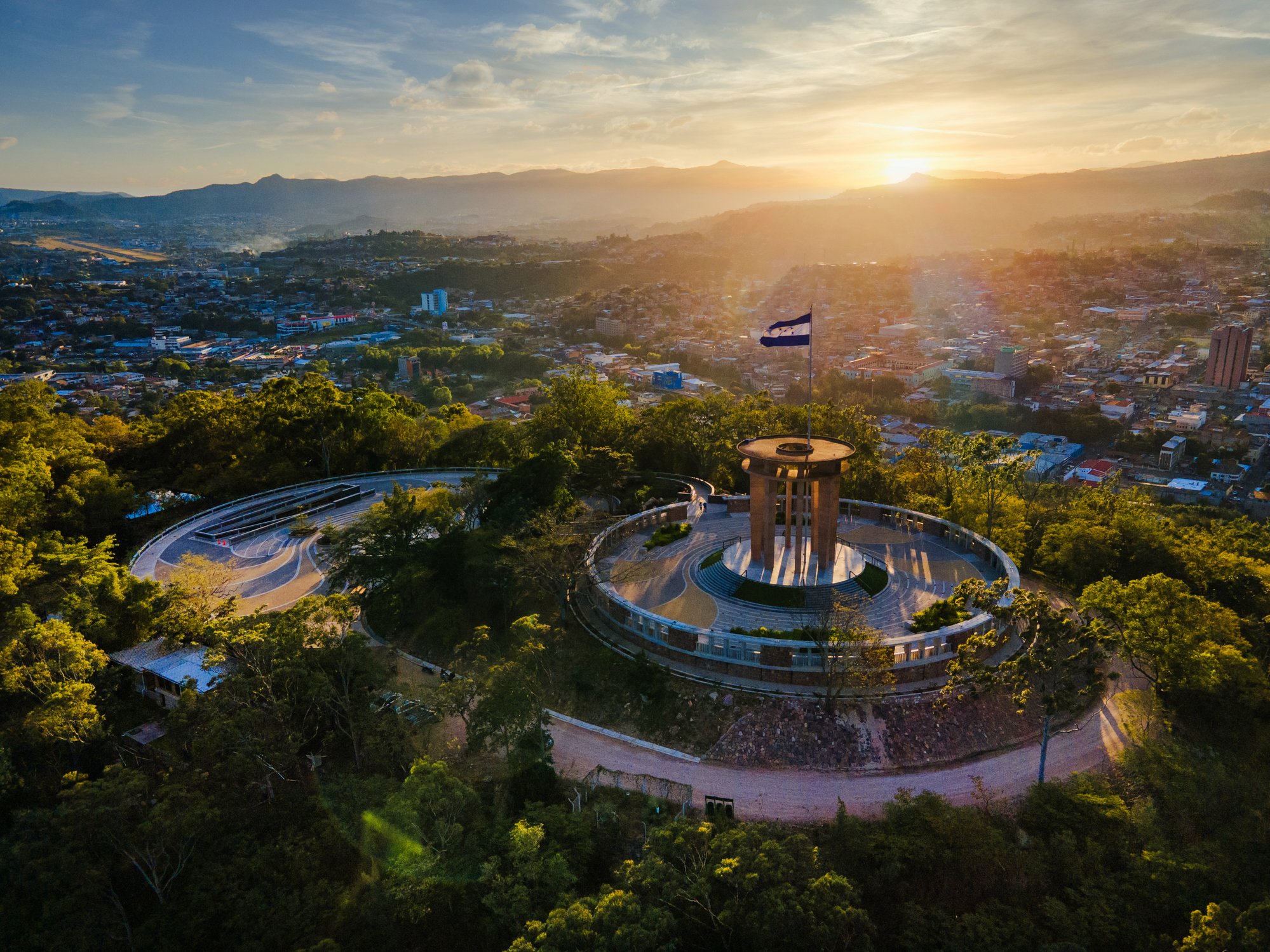Nestled between the Pacific and Caribbean coastlines of Central America, Honduras is a nation of enduring resilience, diverse cultures, and promising economic transformation. From its rich Maya heritage to Spanish colonial history, modern-day Honduras blends tradition with ambition. At the heart of this evolution is Tegucigalpa, the capital city and political and financial center, where bustling commerce thrives alongside emerging startups and growing digital infrastructure (IMF eLibrary+2Wikipedia+2AFI+2).

Honduras has made steady economic progress in recent years. According to the World Bank and IMF, the country’s real GDP grew by 3.6% in 2023 and again in 2024, supported by robust remittance inflows, increased credit access, and private consumption(World Bank+1The World Bank+1). While growth is expected to moderate slightly to 2.8–3.4% in 2025–2026, outlooks remain positive thanks to continued fiscal discipline and infrastructure investments (World Bank+6The World Bank+6IMF+6). Government reforms—including taxation adjustments and efforts to repeal controversial ZEDE special zones—reflect a focus on sovereignty, transparency, and responsible economic policy (Reuters+1Wikipedia+1).
Foreign direct investment, particularly in textiles, agribusiness, and remittance-backed services, contributes about 3.2% of GDP, easing Honduras’s current account deficit and enhancing investor confidence (IMF eLibrary+7Coface+7The World Bank+7). Meanwhile, in June 2025, the National Financial Inclusion Strategy 2025–2030 was launched—marking a major step toward expanding access to formal banking and financial education across urban and rural communities (AFI).
Perhaps the most exciting development is the growing wave of financial literacy and digital entrepreneurship. Mobile banking, local fintech initiatives, and education campaigns via WhatsApp and community networks are empowering Hondurans to explore investment tools, e-commerce ventures, and online trading opportunities (AFI, AFI). Tegucigalpa and its urban centers are witnessing budding participation in forex trading and cryptocurrency speculation—often by young professionals and diaspora-supported individuals keen to engage with global financial markets.
HFM is considered the best forex broker for traders in Honduras due to its tight spreads, wide range of trading instruments, and strong global reputation. IC Markets and AvaTrade also offer excellent services, making them strong alternatives for Honduran traders seeking low-cost trading and advanced platforms.
HFM – Best Overall Broker
HFM is widely recognized as the top forex broker among traders in Honduras. With over a decade in the industry, it offers access to forex pairs, commodities, indices, stocks, and cryptocurrencies via MetaTrader 4 and 5. Honduran traders appreciate HFM’s ultra-tight spreads (sometimes starting at 0.0 pips), flexible account types, and multilingual customer support—key benefits in a market where Spanish is predominant. The broker’s strong regulatory oversight and negative-balance protection align well with growing financial confidence in the country. HFM also excels in educational offerings—webinars, guides, and market analysis—which aid financial literacy among new and experienced users. Its mobile platforms are optimized for areas with limited bandwidth, a practical advantage for those trading from remote Honduran regions.
IC Markets – Second Best Broker
IC Markets ranks second in Honduras, favored by active and technical traders. Operating since 2007, it offers raw ECN spreads from 0.0 pips, ultra-fast execution speeds, and institutional-grade liquidity—features ideal for scalping and algorithmic strategies. With a wide asset range (forex, stocks, indices, futures, crypto CFDs), supported on MetaTrader and cTrader platforms, IC Markets delivers professional-level tools adapted to emerging traders in Tegucigalpa and La Ceiba. Reliable 24/7 customer support and minimal slippage make it a solid choice for Honduran investors aiming for precision and speed.
AvaTrade – Third Best Broker
AvaTrade is a trusted alternative for traders in Honduras who value simplicity and regulatory consistency. Since 2006, AvaTrade has offered over 1,200 assets—forex, ETFs, stocks, indices, options, and cryptocurrencies—through platforms such as MetaTrader, WebTrader, and AvaTradeGO. Fixed-spread account types and risk-protection tools like AvaProtect are particularly appealing to novice traders seeking clarity and stability. AvaTrade’s educational resources, available in Spanish, support Honduras’s rising interest in personal finance and entrepreneurship. Its multilingual support and advisory channels help bridge knowledge gaps in regions where formal financial education is still expanding.
Traders’ Characteristics in Honduras
Honduran traders reflect a cautious but growing appetite for global finance, shaped by rising economic activity in remittances, fintech, and cross-border commerce:
Honduras posted real GDP growth of 3.6% in both 2023 and 2024, supported by remittance inflows, consumer demand, and infrastructure investment (worldbank.org).
Foreign direct investment represented approximately 3.2% of GDP, helping expand manufacturing, agri-business, and service sectors (coface.com).
Most Honduran traders start with modest capital—typically USD 500–2,000, often using demo or copy-trading tools to learn risk-free.
Preferred currencies include USD/EUR and USD/GBP, reflecting the US dollar’s heavy use in remittances and business.
Urban youth and financially curious adults in Tegucigalpa, San Pedro Sula, and coastal cities are increasingly engaging in forex via mobile apps, community-led groups, and WhatsApp-based education initiatives.
Social trading platforms and webinars in Spanish help raise financial literacy, especially as the National Financial Inclusion Strategy aims to expand access to 70% of the population by 2025.
Honduras’s improving digital ecosystem and rising entrepreneurial mindset are fostering cautious but confident experimentation with global investment tools.
Conclusion
Honduras is steadily opening up to global financial participation, supported by strong domestic growth and digital momentum. Brokers such as HFM, IC Markets, and AvaTrade provide accessible, regulated platforms—aligned with the country’s growing interest in forex and investment. As education spreads and digital tools become more available, Honduran traders are increasingly positioned to explore online markets with prudence and purpose.
- Best Forex Broker in Kyrgyzstan – Rising Digital Traders’ Pick - August 1, 2025
- Best Forex Broker in Kuwait – Trusted by Wealth-Savvy Traders - August 1, 2025
- Best Forex Broker in Republic of Korea with High Trade Volume - August 1, 2025
